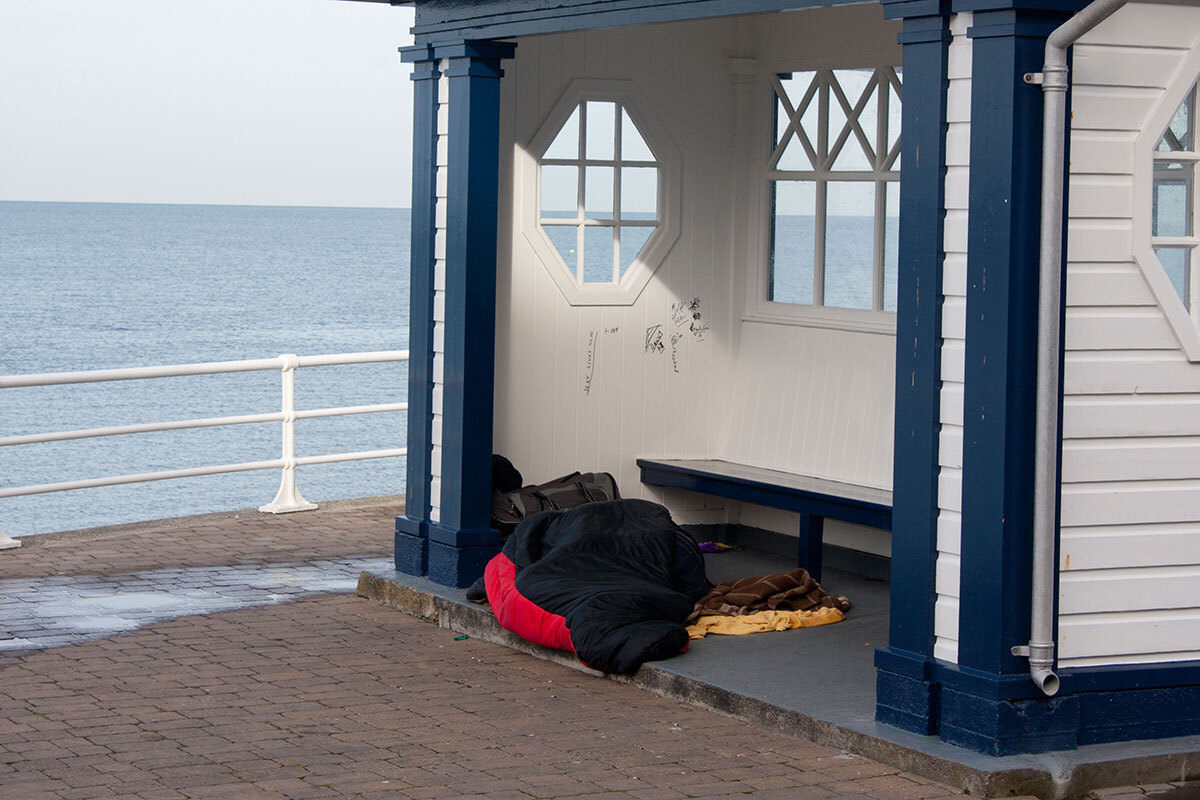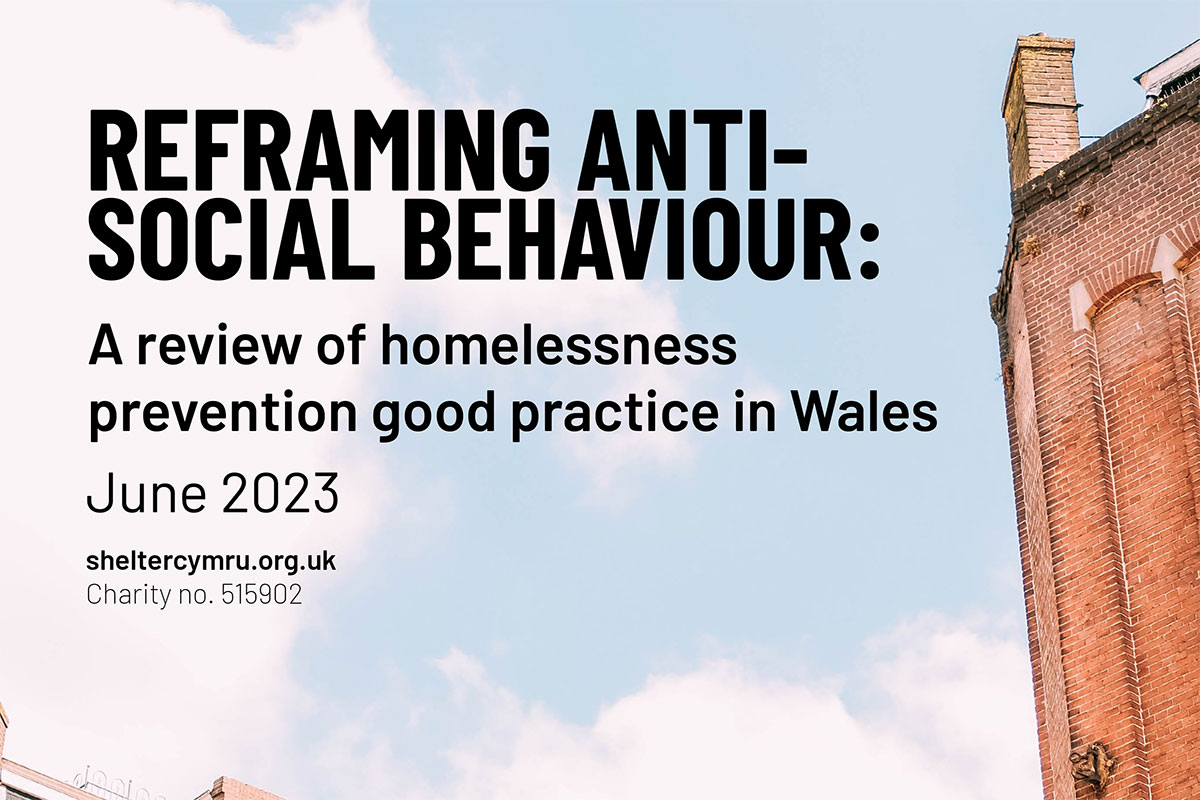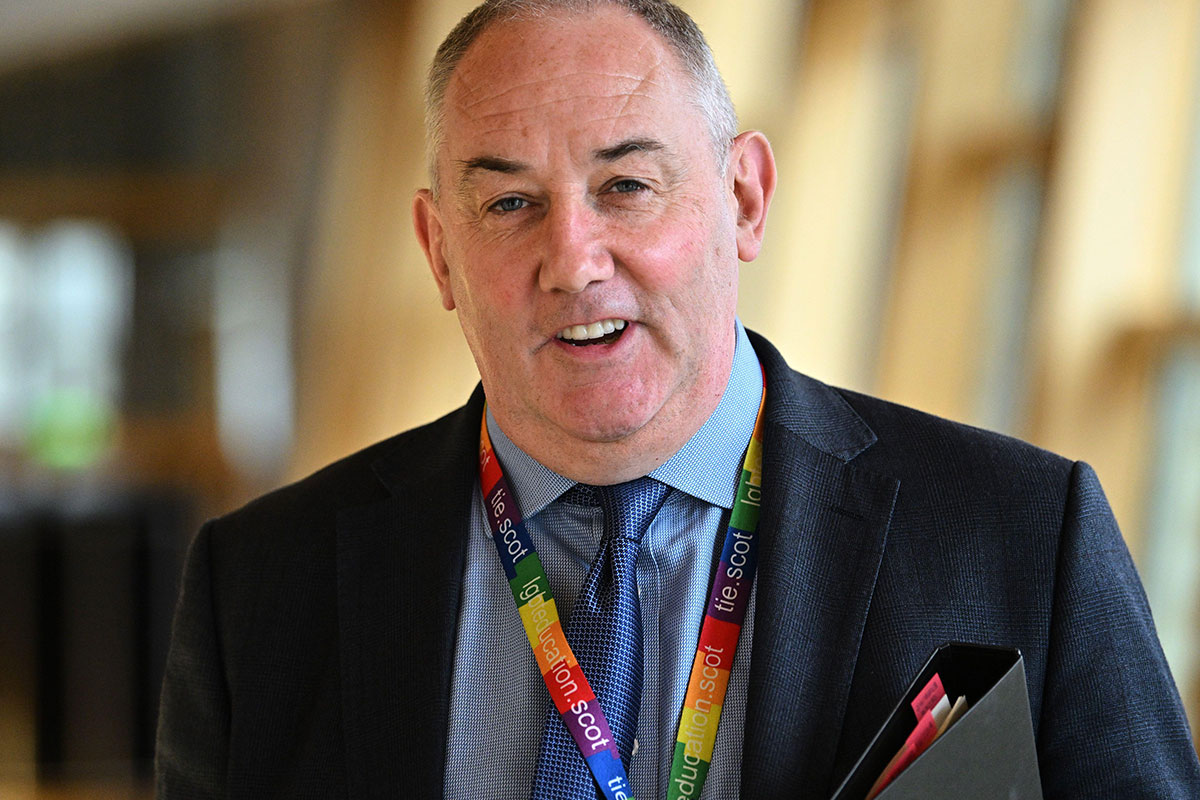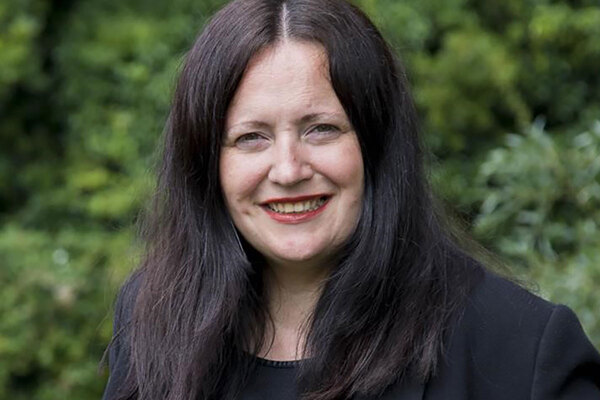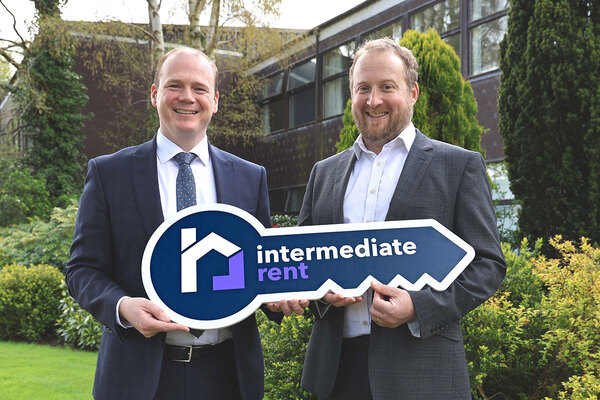You are viewing 1 of your 1 free articles
New survey finds number of Welsh tenants who think rent is unaffordable drops 9%
The number of Welsh tenants who think their rent is unaffordable dropped 9% this year, a survey by TPAS Cymru has revealed.
According to the findings from the resident support group’s second annual rent-setting consultation, 22% of tenants felt their rent was unaffordable this year, compared with 31% last year.
The survey received responses from 881 social housing tenants from all 22 local authority areas in Wales, 51% of whom are housing association tenants.
In a report on the findings, Elizabeth Taylor, policy and engagement lead at TPAS Cymru, said: “This time last year, at the request of the Welsh government, we undertook our first dedicated tenant pulse focused on rent-setting.
“At the time, tenants and the wider society were experiencing a double whammy. Spiralling price inflation and their energy prices escalated fast.
“Whilst inflation and energy prices have peaked, they remain high, with inflation still seeing prices rise often above wage settlements.”
She said rent-setting was a challenging subject.
“Landlords need certain levels of rent settlement to continue services, as they see an increase in the costs of building materials, repair contractors and staff wages,” Ms Taylor added.
The survey found that 94% of tenants had had a rent increase.
However, 55% felt that it remained affordable for them.
Nearly two-thirds of tenants said their landlord had contacted them to discuss their rent increase.
For those who said they didn’t have any contact from their landlord about their rent, it was more noticeable for housing association tenants: 25.6%, compared with 18% for councils.
Asked whether they knew what their landlord spends the collected rent on, 42% of tenants were not aware and said they would like more information on this.
The report recommends doing more work on communicating and engaging tenants with rent and service charges.
“To do that, the sector needs communication and engagement professions to be challenged and resourced, and go further than they have before, in reaching tenants to explain rent changes and how rent is used,” the report said.
Responding to the insights from the survey, Rhea Stevens, Community Housing Cymru’s head of policy and external affairs, said: “Wales’s not-for-profit housing associations take setting affordable rents seriously.
“Housing associations assess what would be an affordable rent for the people that live in their homes, and allow them to provide the housing and services that their communities need.
“While some social housing rents rose last year, this targeted approach meant that 13 of the housing associations we represent were able to freeze or reduce some of their tenants’ rents last year.
“We value the feedback shared by tenants in TPAS’s rent survey about the level of engagement or discussion they had had with their landlord on their last rent rise.
“While housing associations work hard to ensure everyone receives the right information about any change affecting their home, they are continually striving to improve, including through working with partners including TPAS Cymru.
“Despite the work of housing associations, along with public sector bodies, charities and a wide range of other organisations, to support people through the cost of living crisis in Wales, social housing tenants are still being deeply affected and – as this survey has revealed once again – continue to be unable to make ends meet through no fault of their own.”
A Welsh government spokesperson said: “We are working in partnership with social landlords to balance the needs of both tenants and landlords, and have a clear focus on affordability in setting rents with the overall cap set by Welsh government.
“The work undertaken by social landlords to support those tenants and their commitment to avoiding evictions because of financial hardship is a key part of that partnership approach.
“We are doing everything that we can to support people through this cost-of-living crisis and will continue to provide targeted help to those who need it the most.”
Sign up for our Wales newsletter
New to Inside Housing? Click here to register and receive our Wales round-up straight to your inbox
Already have an account? Click here to manage your newsletters


